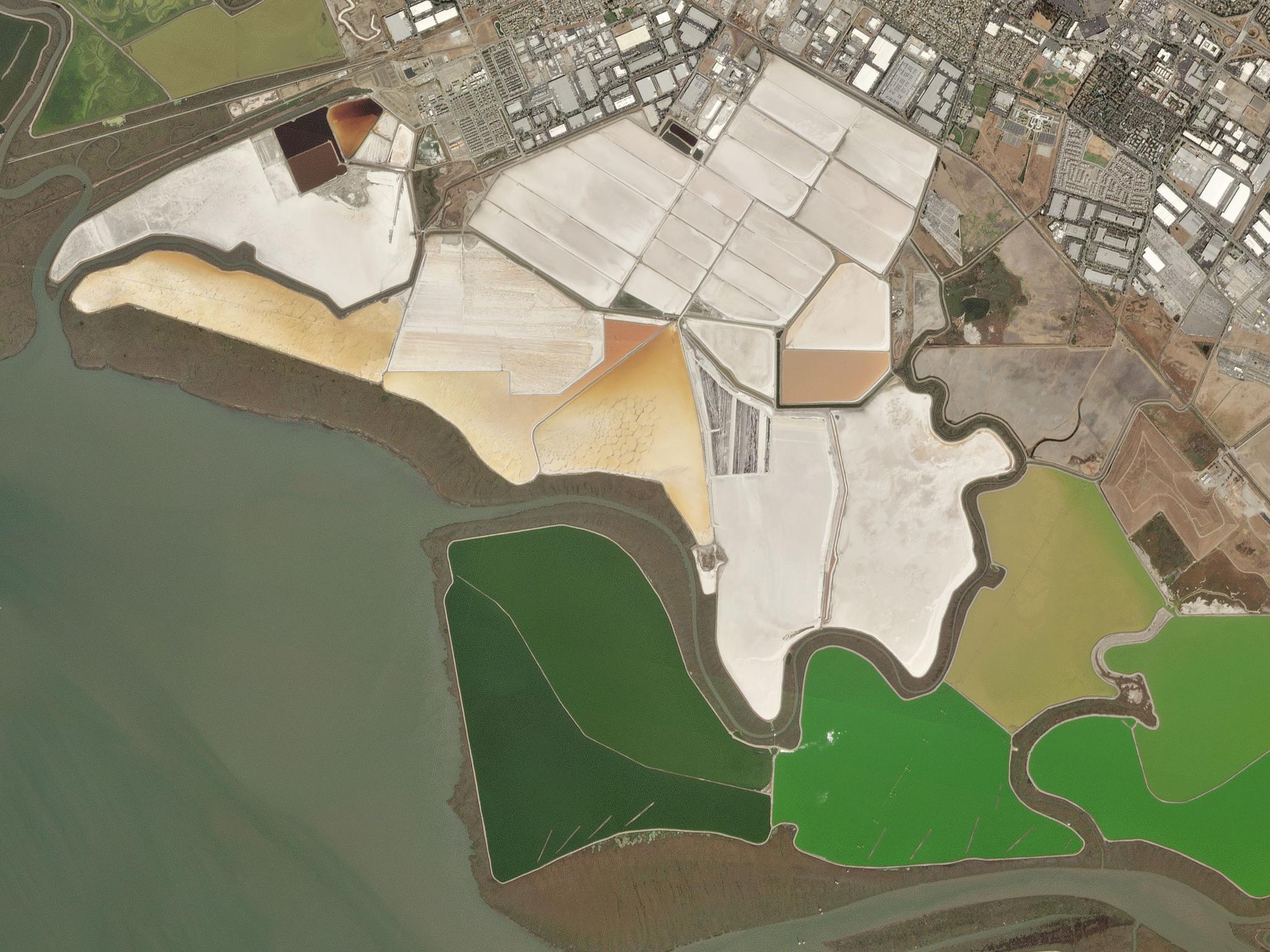Planet Expands Contract with NASA to Provide Data to All US Federal Civilian Agencies Researchers
We’re thrilled to announce today that NASA has again expanded Planet’s contract under their Commercial SmallSat Data Acquisition (CSDA) Program, granting all U.S. Federal Civilian scientific researchers and National Science Foundation funded researchers, including their contractors and grantees, access to Planet data until September 2022. Planet recently entered into a definitive merger agreement with dMY Technology Group, Inc. IV (NYSE:DMYQ), a special purpose acquisition company, to become a publicly-traded company. Planet was founded by three former NASA scientists with the mission to use space to help life on Earth by building a daily, global dataset to monitor change on our planet. Core to this mission is our commitment to getting this critical data into the hands of the scientific community, further strengthening their research of our dynamic Earth. This is our third year supporting NASA’s CSDA program, which was created to identify, evaluate, and acquire data from commercial providers. Today, nearly 300,000 researchers have access to Planet’s PlanetScope and RapidEye satellite data. By integrating this information into a variety of scientific studies focused on climate change, biodiversity loss, and changing ecosystems, researchers can better understand complex sustainability challenges and gain insights on potential solutions. “NASA has led the way in engaging with the commercial space industry and this new contract further validates their commitment to both commercial space and climate action. NASA researchers have found great scientific utility in high-resolution, daily data of the entire planet and it has been exciting to see our contracts expand to make this data accessible to the entire US Civil Government and grantees for scientific purposes,” said Robbie Schingler, Planet co-founder and Chief Strategy Officer. “In the most critical decade for climate action, NASA has made it possible to provide researchers with robust datasets that can be used to monitor and address the current climate crisis and we look forward to collaborating further on this important work.” When combined with government systems, commercial satellite data can help to advance scientific understanding of our changing world, and enable better data-based decision-making and management by federal programs, local communities, companies, and individuals. Scientific researchers are leveraging these advanced datasets to investigate the impacts of climate change in the Arctic and Antarctic, understand the causes of natural disasters such as floods, and monitor crop yields around the world. "We're really excited to be able to more easily share Planet data across all the NASA Harvest partners,” said Dr. Hannah Kerner at the University of Maryland and the machine learning lead and U.S. domestic Co-Lead for NASA Harvest. “As a consortium that spans multiple agencies and universities, the ability to share data and collaboratively advance research methods is critical for achieving our goals." Dr. Joe Levy at Colgate University shared: “Extended access to Planet data for all federally-funded scientists is a game-changer for researchers trying to figure out what’s happening right now with our rapidly-changing world. Working on NSF-supported research in Antarctica using Planet data means being able to watch for changes to Earth’s polar regions practically every day the sun is up. We’re seeing day-to-day changes in where ground ice is thawing, when meltwater is flowing, and how once-frozen environments are evolving. Seeing change unfold in real time helps us pinpoint what’s driving the melt so we can predict when, where, and how much more could be coming. Especially in a time when travel to remote field sites is limited by global pandemic restrictions, Planet data helps my team feel like we’re in the field." We’re excited to provide data through this new contract until September 2022. Visit Planet’s NASA page to get more information on the Planet-NASA CSDA agreement and learn how to apply.

Ready to Get Started
Connect with a member of our Sales team. We'll help you find the right products and pricing for your needs.


